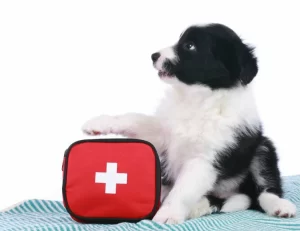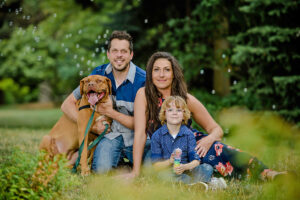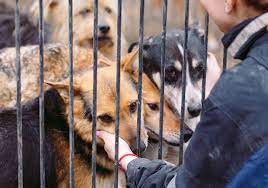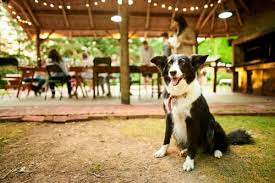Nutrition is a crucial aspect of maintaining the health and well-being of dogs. Proper nutrition helps dogs grow and repair tissues, maintain a healthy immune system, and support overall health and vitality.
The nutritional needs of a dog vary depending on its size, age, breed, and activity level. To provide the best nutrition for your dog, it is important to choose high-quality commercial dog food and feed the appropriate portion size based on your dog’s individual needs.
When selecting commercial dog food, look for a product that is formulated for your dog’s specific life stage and lists a named source of protein, such as chicken or beef, as the first ingredient.

Avoid dog foods that contain fillers or by-products, as these are lower in nutritional value and may not provide all the nutrients your dog needs.
Consult with your veterinarian or refer to the feeding guidelines on the back of the dog food bag to determine the proper portion size for your dog.
It is important to avoid overfeeding, as obesity can lead to a range of health problems, and underfeeding can result in malnutrition.
In addition to choosing the right dog food and feeding the proper portion size, it is also important to establish a regular feeding schedule. This can help establish a routine and prevent begging and other unwanted behaviors.
Some dogs may have medical conditions that require a special diet, such as a low-protein or low-fat diet. If you have concerns about your dog’s nutritional needs, consult with your veterinarian.
It is also important to be aware of certain human foods that can be toxic to dogs or cause digestive problems. These include chocolate, grapes, onions, and fatty or sweet treats like bacon and cookies.
While it is okay to occasionally treat your dog with small amounts of appropriate human foods, it should not be a significant part of their diet.
Overall, by following these guidelines, you can help ensure that your dog gets the proper nutrition it needs to stay healthy and happy.
It is also important to regularly visit your veterinarian for check-ups and to discuss any concerns you may have about your dog’s nutrition or overall health. With the right nutrition and care, your dog can live a long and happy life.

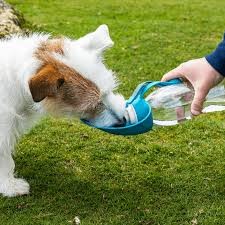







![The Ultimate Guide to Road Tripping with Your Dog [2025 Update]](https://bellabeanupdate.com/wp-content/uploads/2025/05/pexels-photo-1143369-300x209.jpeg)









